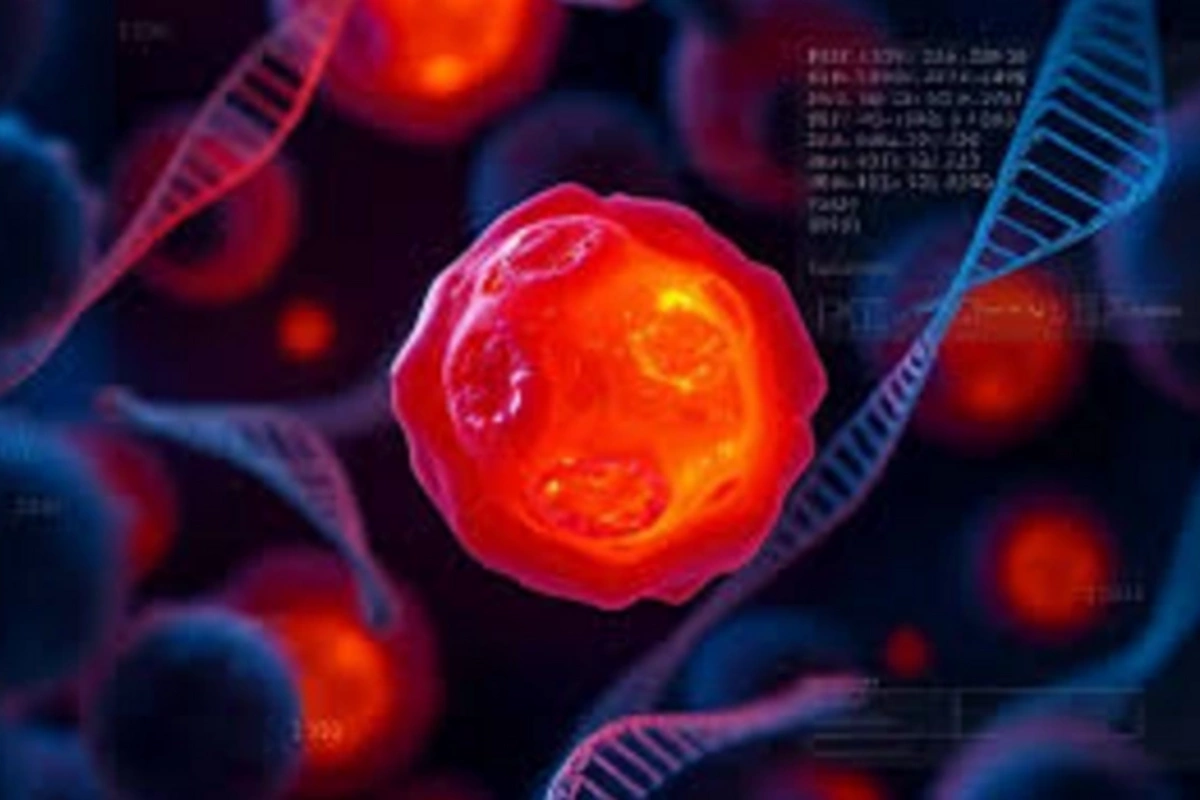10 Aug , 19:50
2

Japanese scientists revealed the secret of the "protective shield" of cancer cells against therapy
Researchers from Tokyo Metropolitan University have made an important discovery in the field of oncology. They found that the enzyme Flap endonuclease-1 (Fen1) provides cancer cells with additional protection against certain types of anti-cancer therapy. The results of this breakthrough research have been published in the prestigious scientific journal Nature.
The Fen1 protein functions as real "molecular scissors" - it removes excess DNA fragments formed during the copying process of the cell's genetic material.
Since the 1980s, special drugs - chain-terminating nucleoside analogs (CTNA) - have been used in medical practice. These substances are incorporated into DNA instead of natural building blocks and block the copying process. Since cancer cells multiply more intensively than healthy ones, such drugs are particularly effective against them. However, some cells, both malignant and normal, are able to resist this effect.
During the experiment, scientists removed the gene responsible for Fen1 synthesis in model cells and treated them with alovudine. The results were impressive: without Fen1, cells became extremely vulnerable - the DNA copying process slowed down, and treatment effectiveness significantly increased. Interestingly, when both Fen1 and another protein - 53BP1 - were simultaneously blocked, the cells regained resistance.
The researchers proposed a hypothesis about the mechanism of this phenomenon: in the absence of Fen1, extended "hanging" sections form in the DNA. The 53BP1 protein attaches to them, preventing other repair systems from working, which leads to the stoppage of DNA copying.
The scientific group also compared Fen1 with another well-known DNA repair protein - BRCA1, associated with breast cancer. It turned out that although Fen1 and BRCA1 act in different ways, their simultaneous deactivation dramatically enhances the effect of anti-cancer drugs.
According to scientists, understanding the functions of Fen1 may contribute to more precise therapy selection and identification of tumors with increased sensitivity to CTNA. Currently, researchers plan to test the obtained results on human cells and study the possibility of using Fen1 blockade for treating various types of cancer.